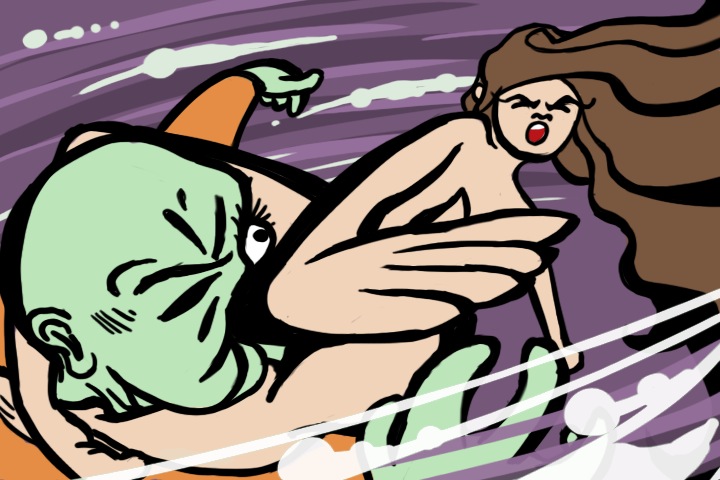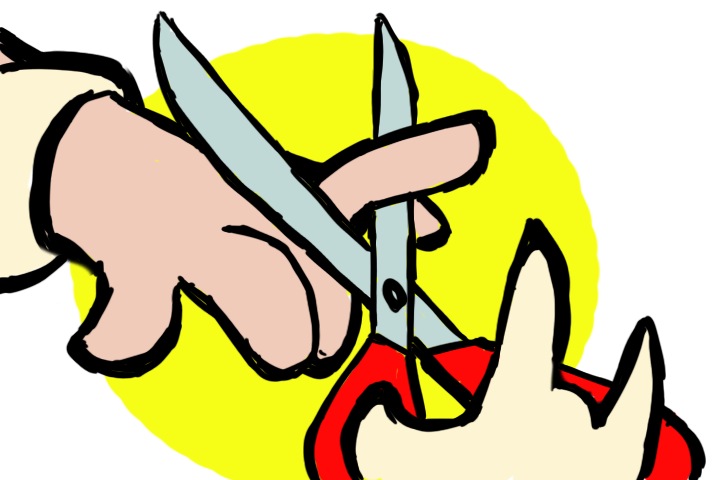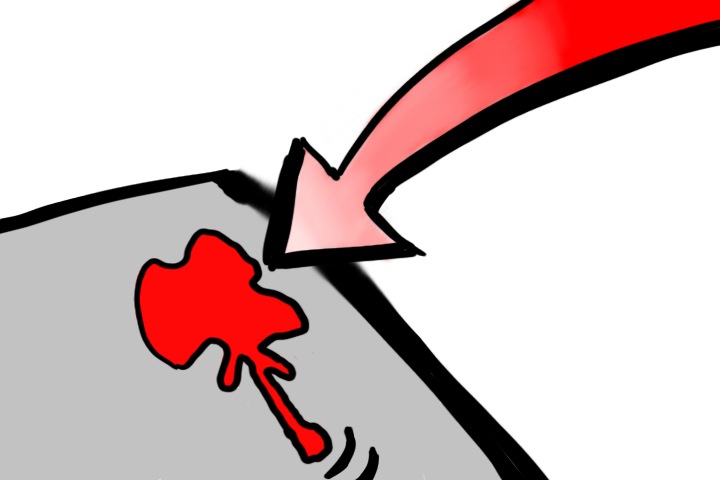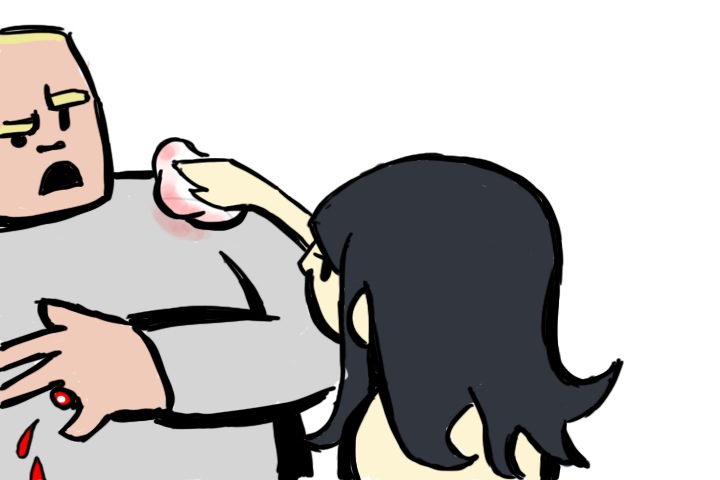Zizek's The Puppet and The Dwarf starts off with the introduction of the Gosel of Paul as the true but then again truly necessary betrayal of Christ. This is Christ the fractured-whole God that invites betrayal as the only means to his own salvation. Now at the end of chapter one we have applied this notion to the greater meeting of east and west in which the inward gaze of Buddha is the Evil Eye itself and the Sword of Christianity is the birth of Science.
Reading Zizek I always find myself spinning around two spheres of thought:
First, why don't we apply this sort of thought? Why aren't there people out there taking these interesting insights, these varied approaches to the truth, and applying them to the real world? Surely we could govern a little better if we proclaimed a more honest understanding of fundamental religion, of the economy of desire or the purpose of art. But then I think about applying Zizek to my own life...
This brings me closer to the second sphere: how on earth can we live with so much to think about? At one point in my life, in New York, I took the chance to act out what I was reading. A mix of Proust and Vollmann, I think, that allowed me to move like the River. But this was really only a prepared calculus of excuses and beautification that would have given me a year's worth of material to ponder over with each faltering step. But pondering is really only another word for regret. As long as the material pondered is in the personal past, the exercise serves almost no purpose: you will know only that you were different then than you are now. In fact, I've always loathed this very same thought process. People have always been intent upon their own personal sagas. So, while I had a good time living in someone else's dream I really was only acting out a past artificially projected into the future. In either the crumbling love of Proust or the hopeless meanderings of Vollmann's menagerie of alter-egos I was still the only thing more than a ghost. Again, I was all alone except for some anticipated fall, like a suicide who somehow expects to live beyond the fatal event. And, of course, I did.
The balance, then, is neither a whole-hearted acceptance of Literature as a responsible guide nor a complete neglect of it's value, either. It's only that I wish there were a better way to digest it other than having to read every page of every book as if the author were making some under-handed critique of my own life.









很多看不懂
ReplyDeleteThis NEAR -- I said NEAR -- NEAR-frighteningly intellectualised blog entry, upon the forty-first time or so I have read and re-read it
ReplyDelete(in order to uncongeal your overly loquacious sentence structure),
is hereby and unfailingly One of The Most Beautiful and Sad pieces that
I, JJC, have ever laid mine Borderline Eyes
upon.
I. Still. Love. You.
Okay.
Ca suffit. A bientot.
Crumblingly yours, (forever, and ever, and ever, Danny :O ***),
Little Creepy
p.s. Did you shave, Son?
ReplyDelete